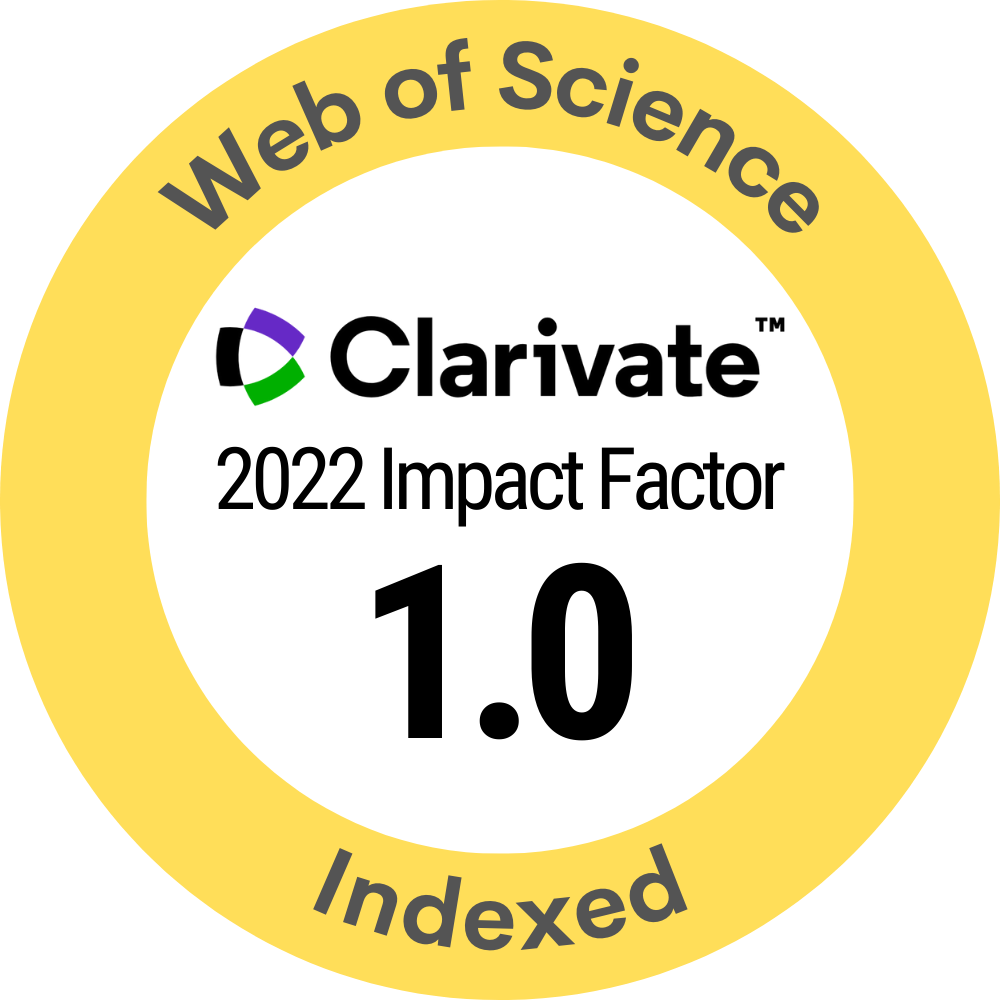Particle-Based Optimization Algorithms for Longitudinal Control of Autonomous Vehicle: A Comparative Study
DOI:
https://doi.org/10.15282/ijame.20.2.2023.14.0812Keywords:
Longitudinal controller, Autonomous vehicle, Particle swarm optimization, Flower pollination algorithm, Proportional-integral-derivativeAbstract
In order to improve the stability and performance of an autonomous vehicle, optimization needs to be explicitly performed in the controllers, which has an essential part in the tracking system. This work proposes a novel longitudinal control optimization scheme and a novel longitudinal controller consisting of a feed-forward and feedback term. The feed-forward term is inspired by the vehicle’s steady-state response, whereas the feedback term is a proportional-integral-derivative (PID) controller. Also, a model representing the longitudinal vehicle dynamics is designed based on physical phenomena affecting the vehicle. Besides, some nature-inspired optimization algorithms are used to determine the optimal model parameters and optimize the controller parameters, i.e., Particle Swarm Optimization (PSO), Accelerated PSO (APSO), Flower Pollination Algorithm (FPA), and Modified FPA (MFPA). The algorithms are compared in optimizing the longitudinal vehicle model and controller using the CARLA simulator, and stability tests are also done for each algorithm. In addition, the characteristics of several cost functions in controller optimization are inspected. The results show that the MFPA is the most stable algorithm, the proposed model represents the system satisfactorily, and optimizing the controller using a regularized cost function leads to better overall performance. Our code is available in https://github.com/fadamsyah/Particle-Based-Optimization-for-Longitudinal-Control.
Downloads
Published
Issue
Section
License
Copyright (c) 2023 Universiti Malaysia Pahang Publishing

This work is licensed under a Creative Commons Attribution-NonCommercial 4.0 International License.







